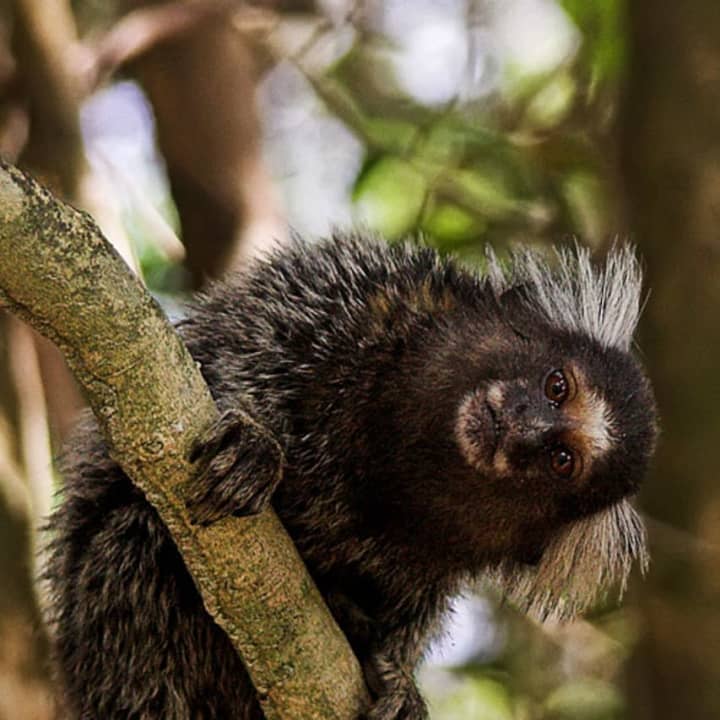Agnès Lacreuse, a professor at UMass-Amherst who studies menopause using marmosets, is accused by the nonprofit organization of violating the Animal Welfare Act after one monkey in her lab escaped confinement and injured another caged monkey.
The monkey's escape on May 14 is the fourth one in recent years, among several other violations, PETA said in a Monday, Dec. 4, press release.
“UMass is clearly incapable of keeping marmosets safe — even in the confines of a laboratory,” said PETA Vice President of Laboratory Investigations Cases Dr. Alka Chandna. “PETA urges the USDA to investigate this latest incident along with its lengthy pattern of apparent negligence and take swift action.”
The recent incident is just one of four possible animal welfare violations in Lacreuse’s laboratory, PETA said.
In a past incident, the tail of a monkey that broke free from a restraint device needed to be amputated after it was hurt during its recapture, PETA claimed.
Two other incidents in 2017 and 2018 saw monkeys escape from transfer boxes and injure others, the group said.
The animal welfare group also claimed a monkey died after he was severely burned by hand warmers that were left on him while he recovered from surgery.
A spokesperson for UMass Amherst did not address any of the claims directly but said in a statement that the university pays "rigorous attention" to all state and federal laws concerning animal welfare.
"UMass Amherst conducts research using animals to examine a wide range of health concerns. Animals are used in research when no better options exist. Animal research at UMass Amherst happens in a variety of fields of study, including veterinary science, agricultural science and different medical research fields.UMass Amherst has a commitment to care for laboratory animals that involves the highest ethical standards and rigorous attention and adherence to all applicable federal and state laws and guidelines.The university has a comprehensive, public website that explains 'The Case for Animals in Research and Teaching,' including a dedicated set of FAQs."
Click here to follow Daily Voice Hampshire Franklin and receive free news updates.


